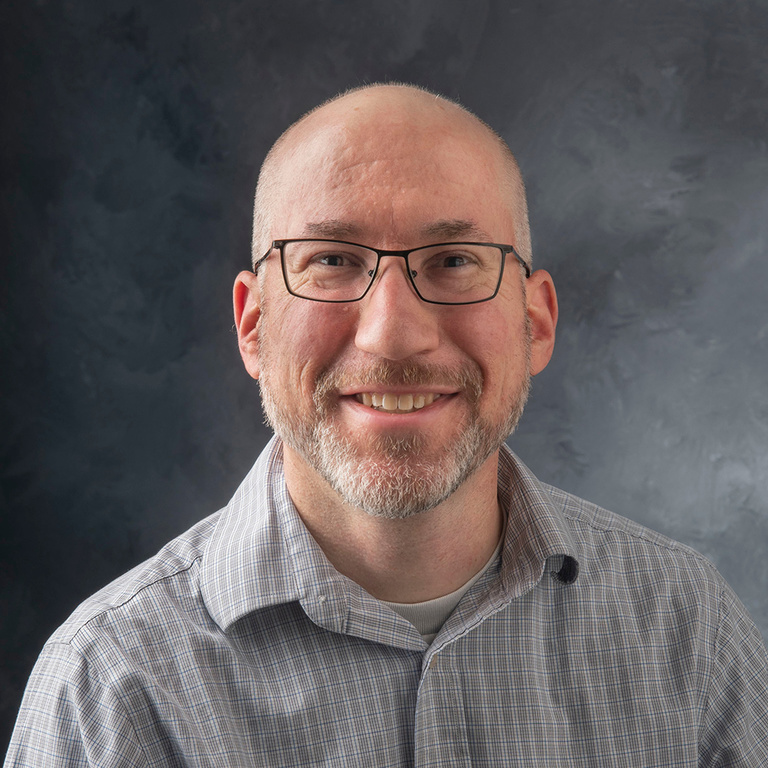By Lois Gray
Nick Bowman and colleagues are exploring how to help college students from marginalized and underrepresented groups be more successful in STEM fields, thanks to a nearly $1.5-million-dollar National Science Foundation grant.

Bowman, a professor of Higher Education and Student Affairs and director of the Center for Research on Undergraduate Education, serves as the grant co-principal investigator.
The proposal is entitled, “A Belonging Intervention to Improve STEM Outcomes for Underrepresented Students: A Randomized-Controlled Trial at 22 Colleges.”
"First, we are examining the effects of a short online intervention that is designed to address incoming students’ concerns about belonging in college,” Bowman says. “In particular, we are focusing on students in STEM majors and taking STEM courses as well as on groups of students who are marginalized or underrepresented within the field.”
This includes women, underrepresented racial minority students, first-generation college students, students with disabilities, and English-language learners.
Bowman says they are also exploring how the representation of students with particular identities within a STEM classroom might affect students’ outcomes in that course and beyond.
“This project is intended not only to contribute to research and theory on college student success, but also to provide practical implications for colleges and universities who are seeking to promote equitable student outcomes,” Bowman says.
This study is especially noteworthy because it is likely the largest randomized-controlled trial of a social psychological intervention with college students conducted to date, involving more than 40,000 students across 22 colleges and universities.
“We hope this will help at the individual level – finding ways to bolster stigmatized students’ persistence and performance in these fields so they can have increased earning capacity,” Bowman says, “and at the national level by creating and retaining a larger, more diverse STEM workforce.”